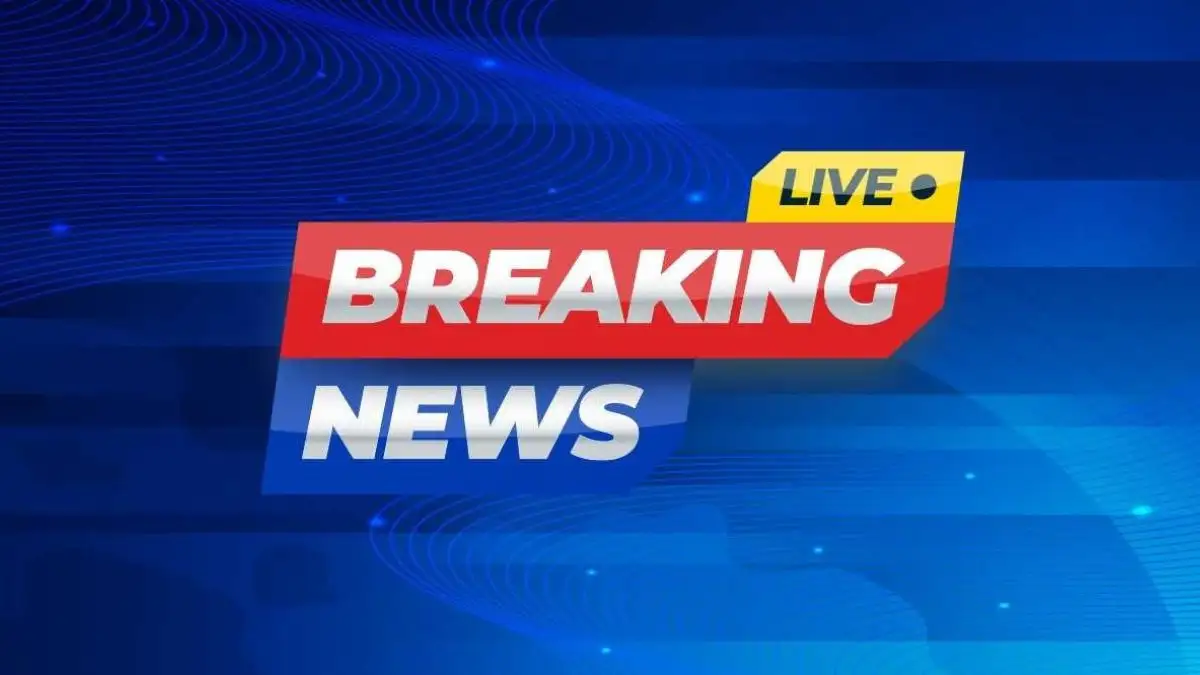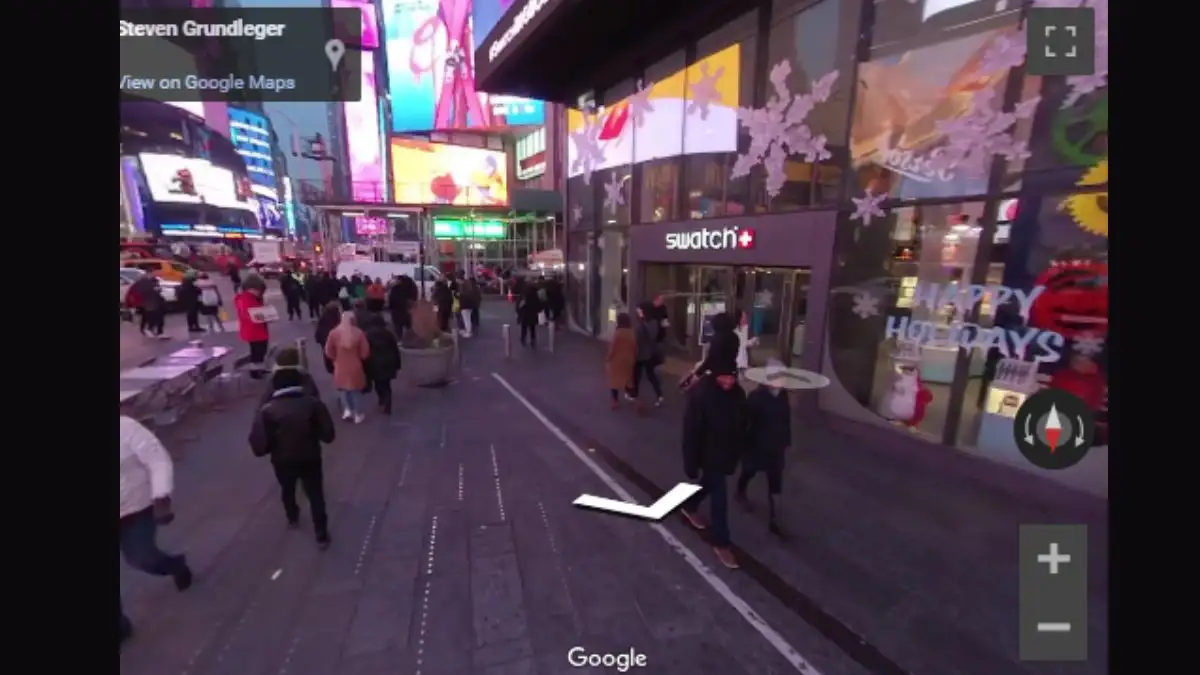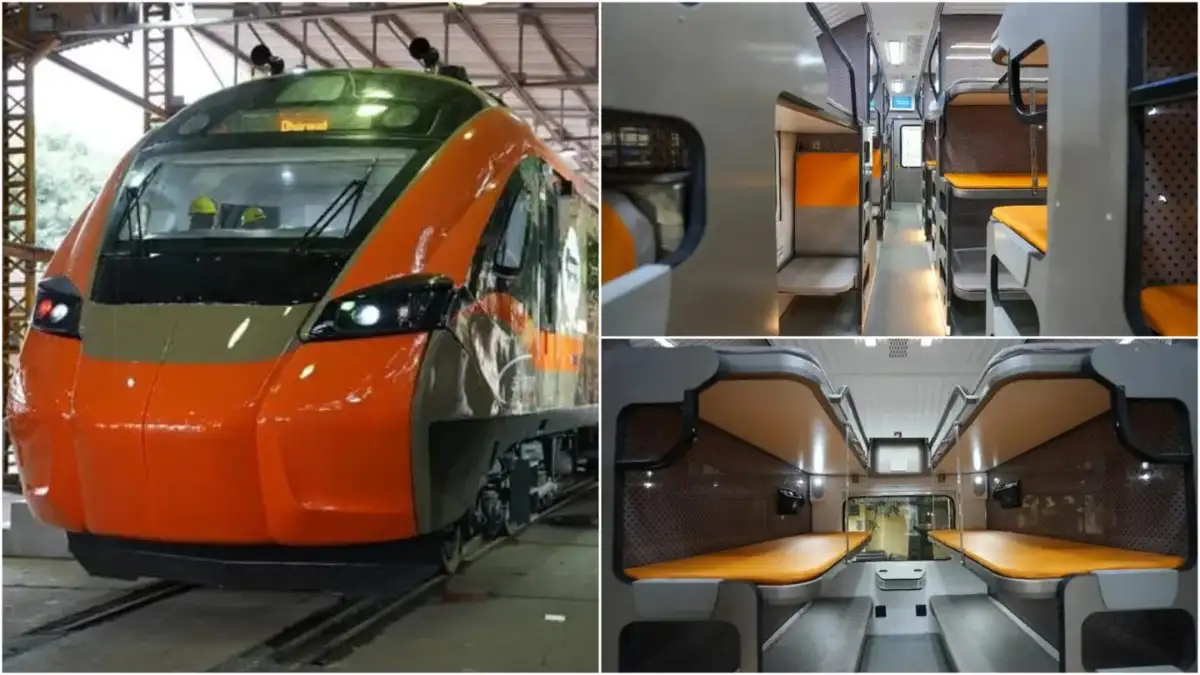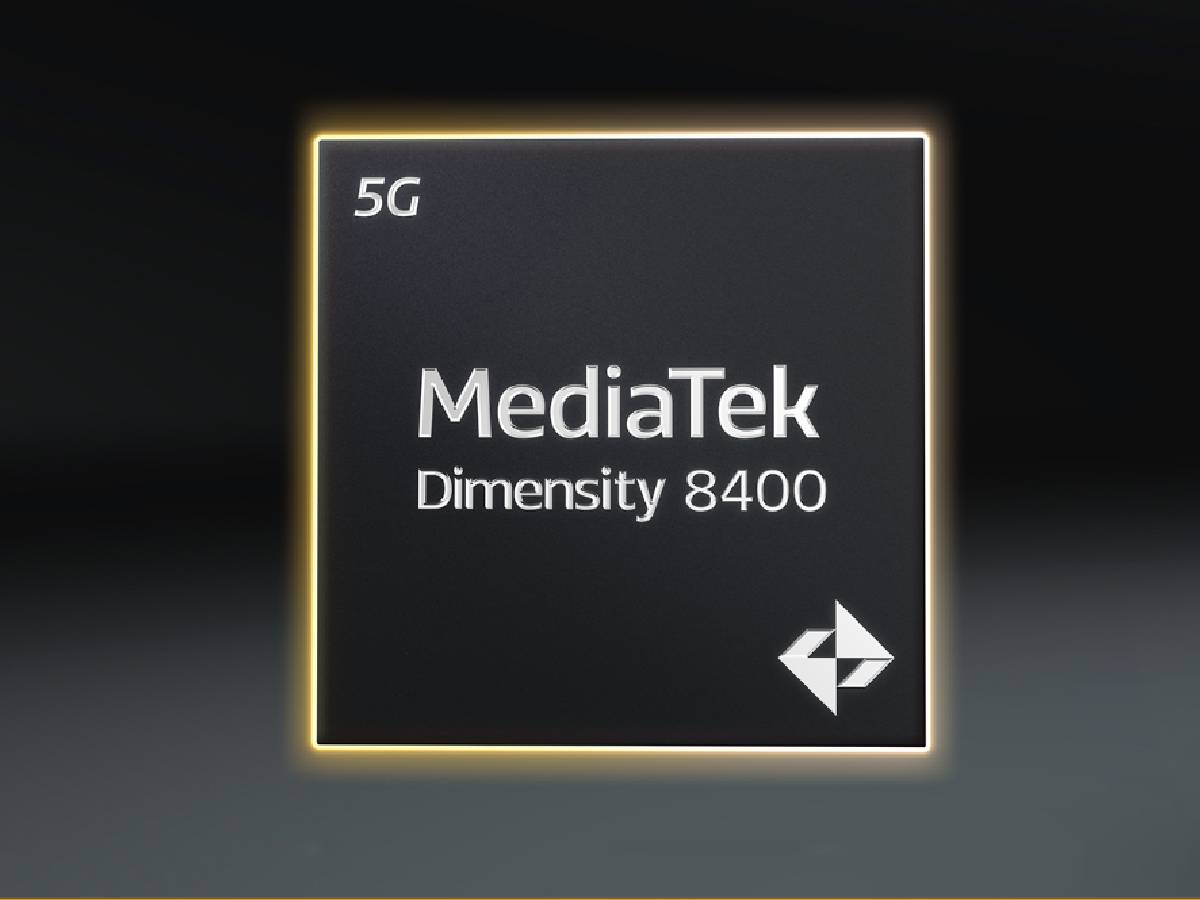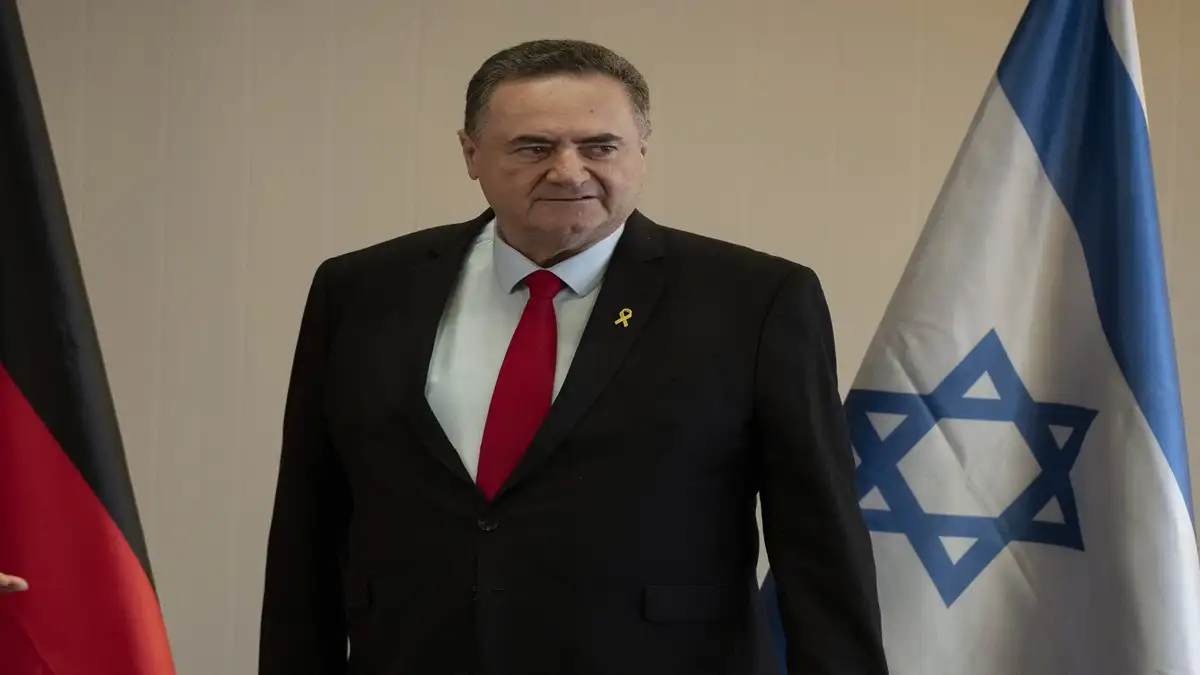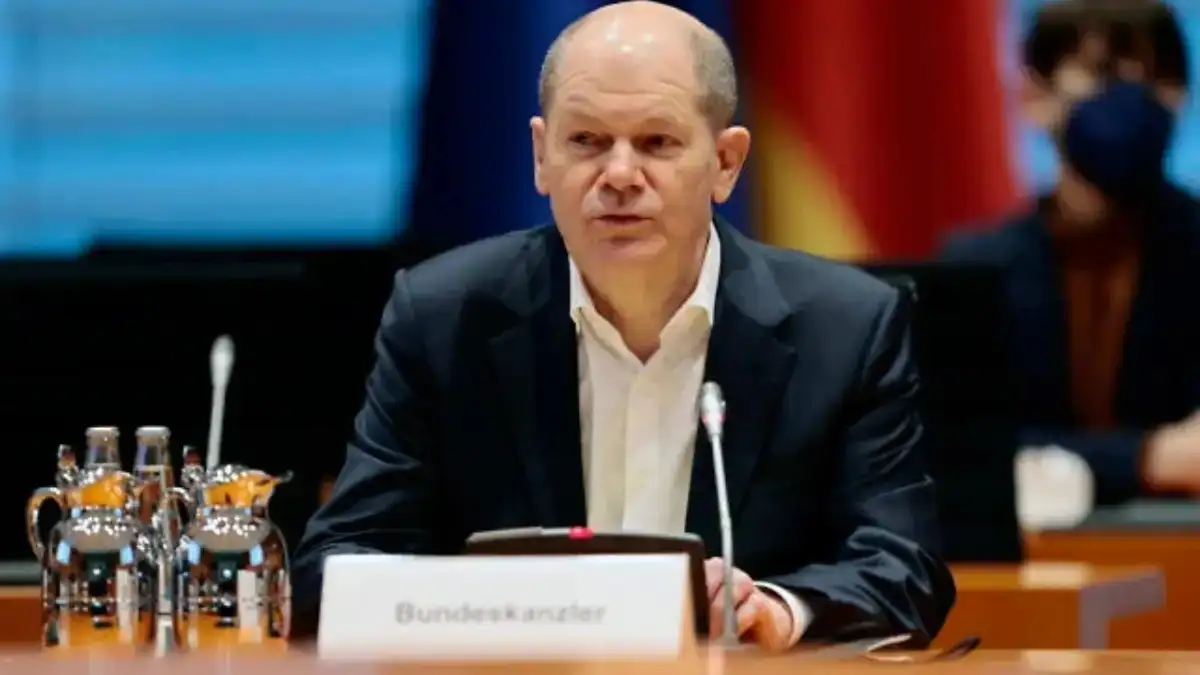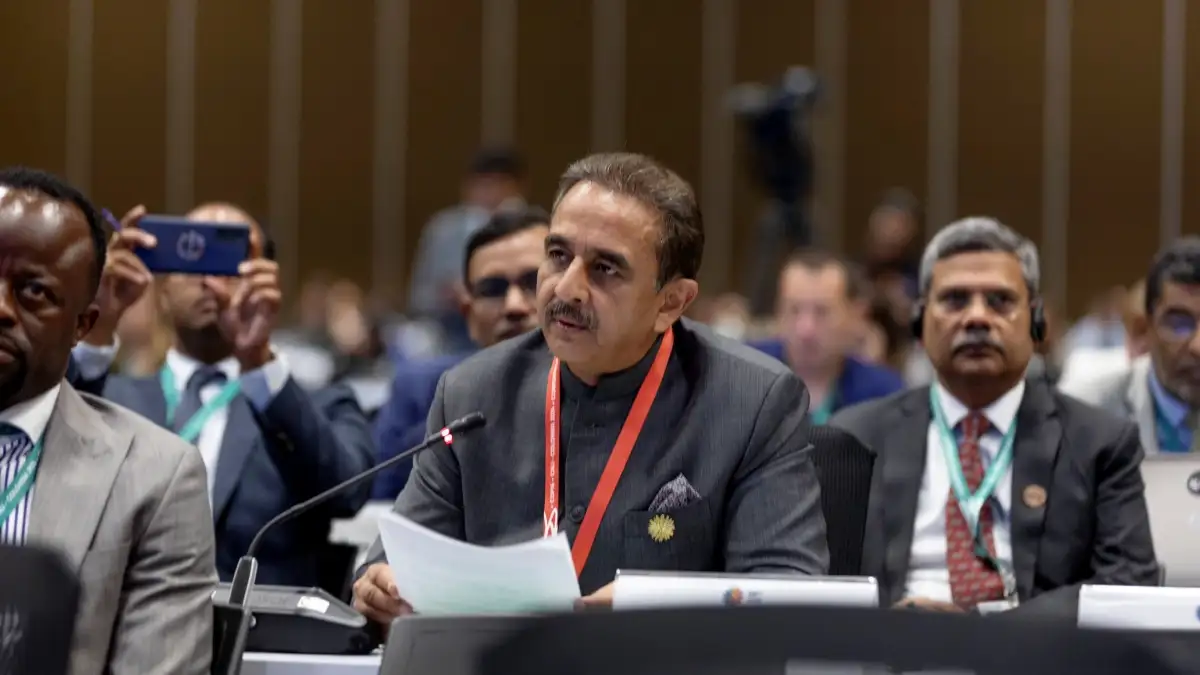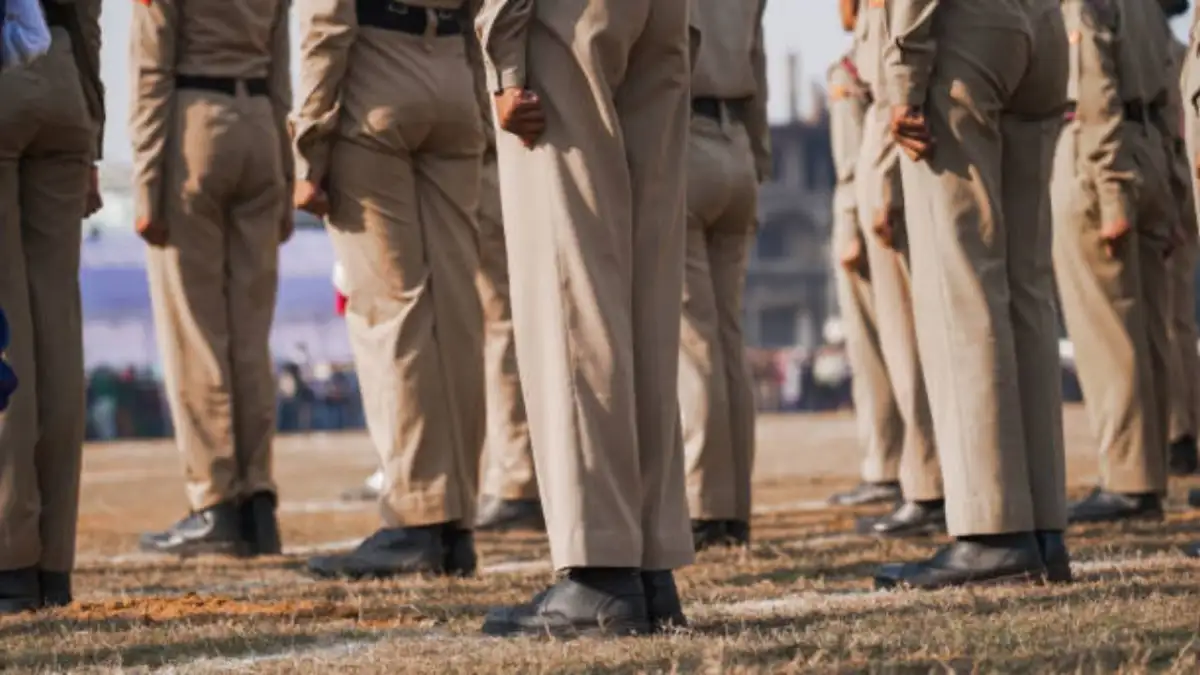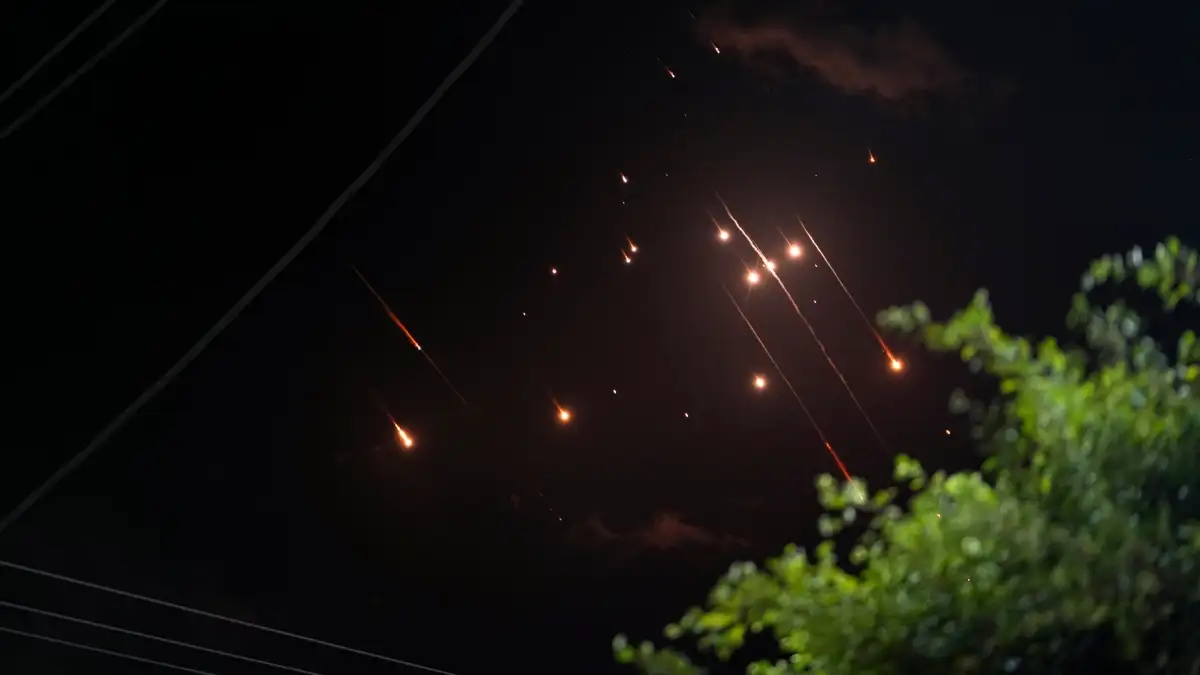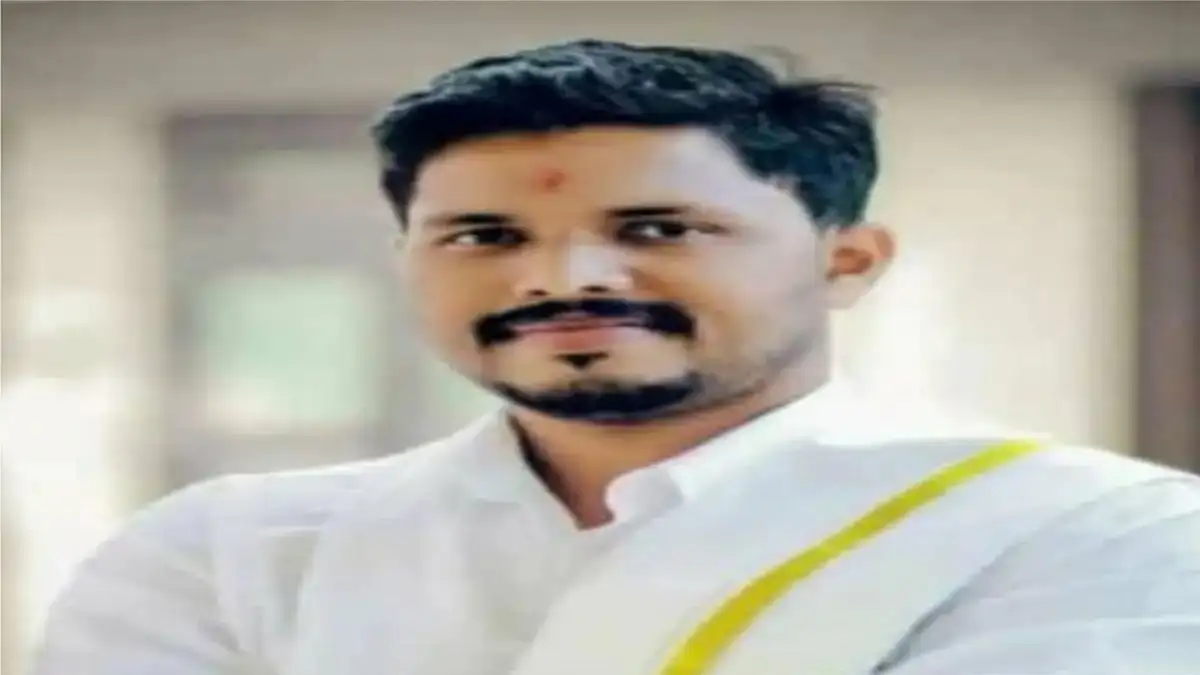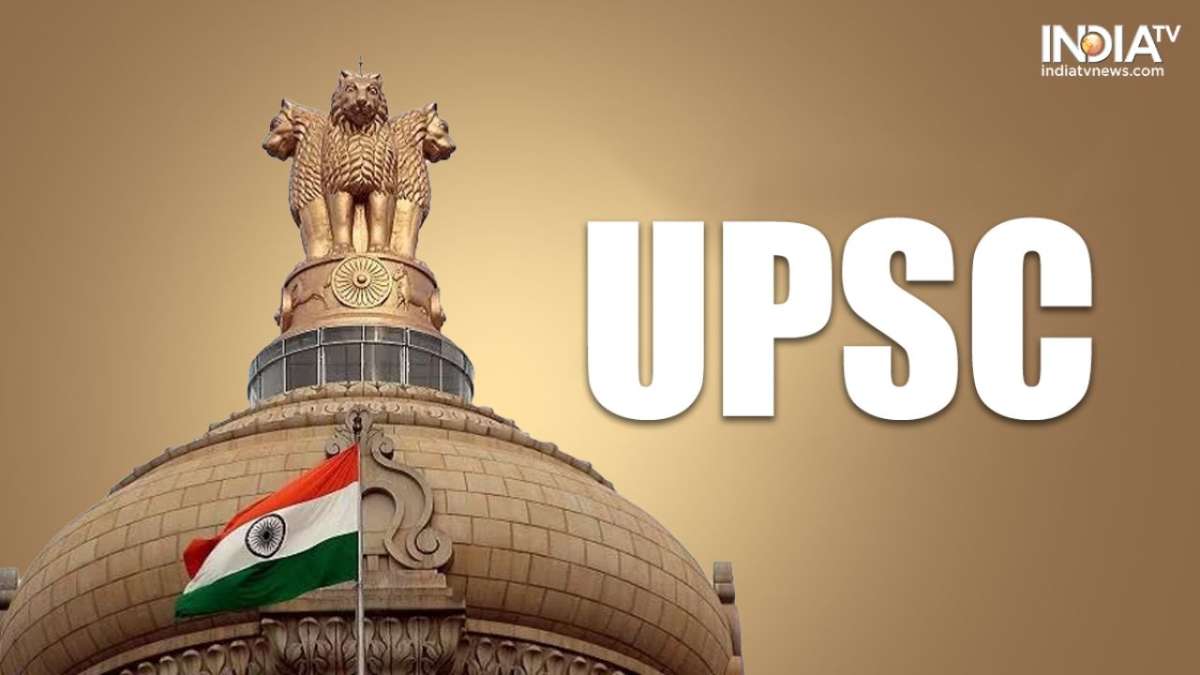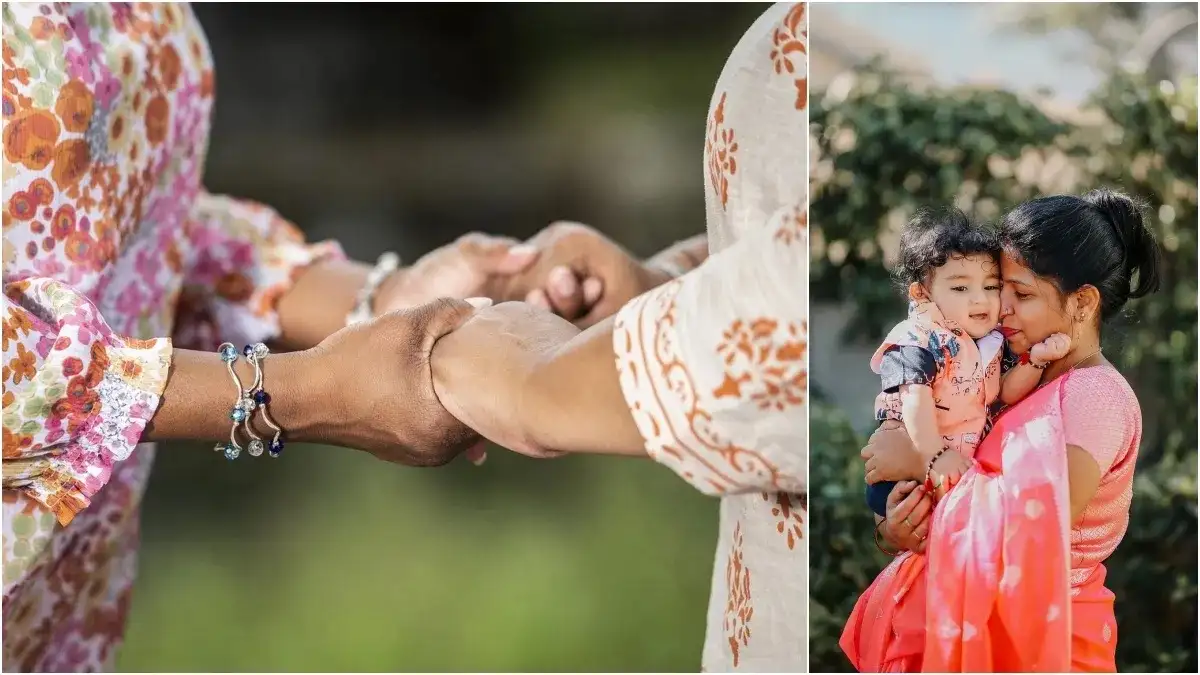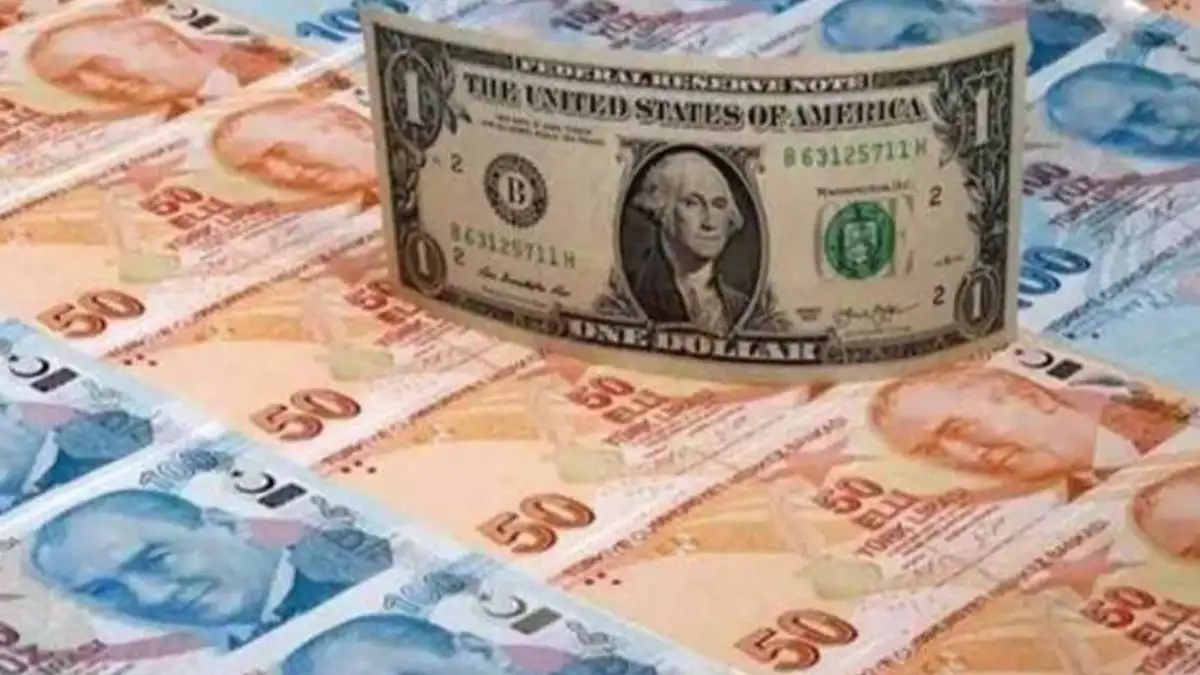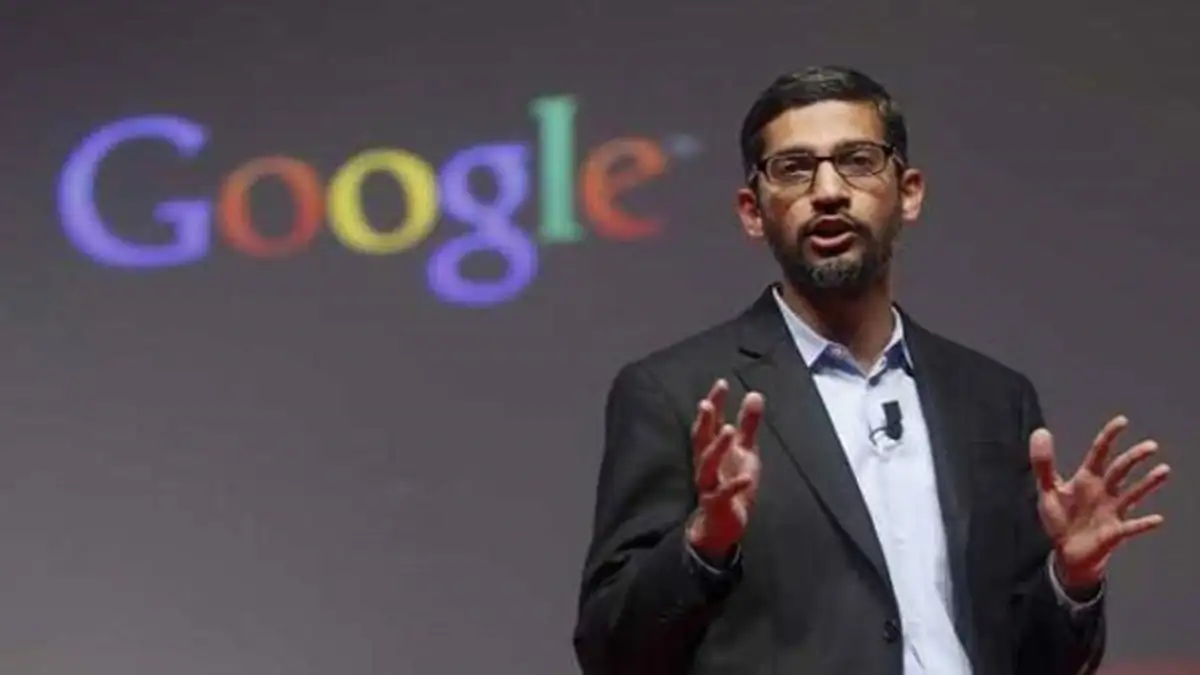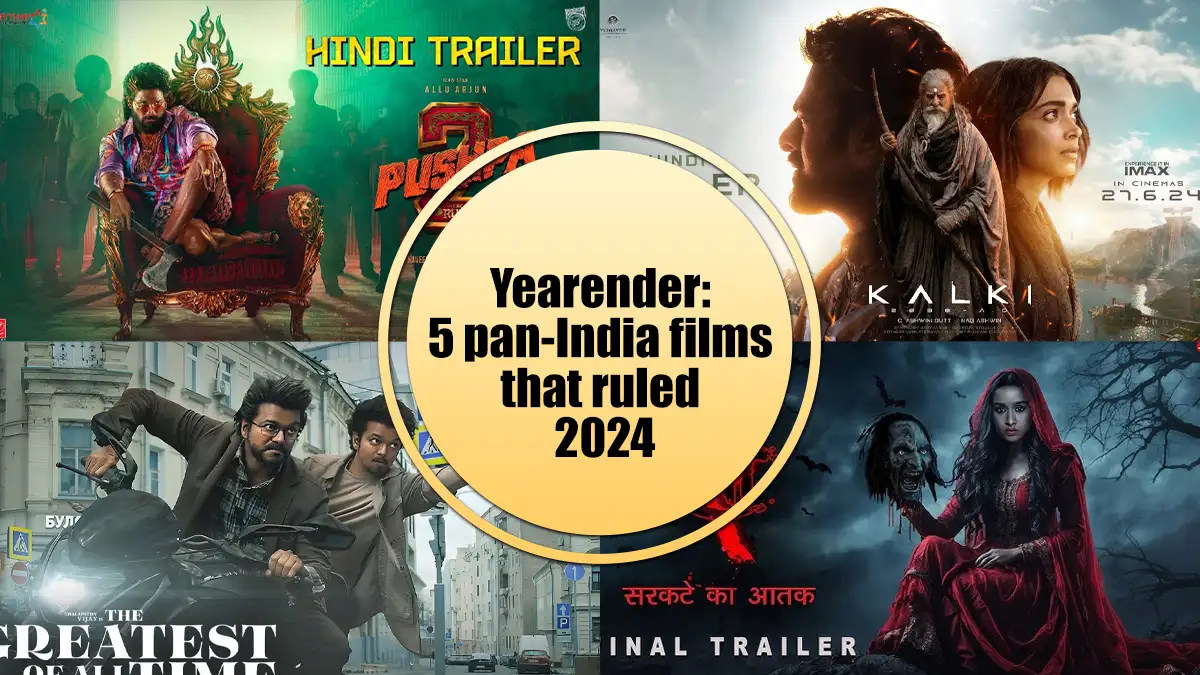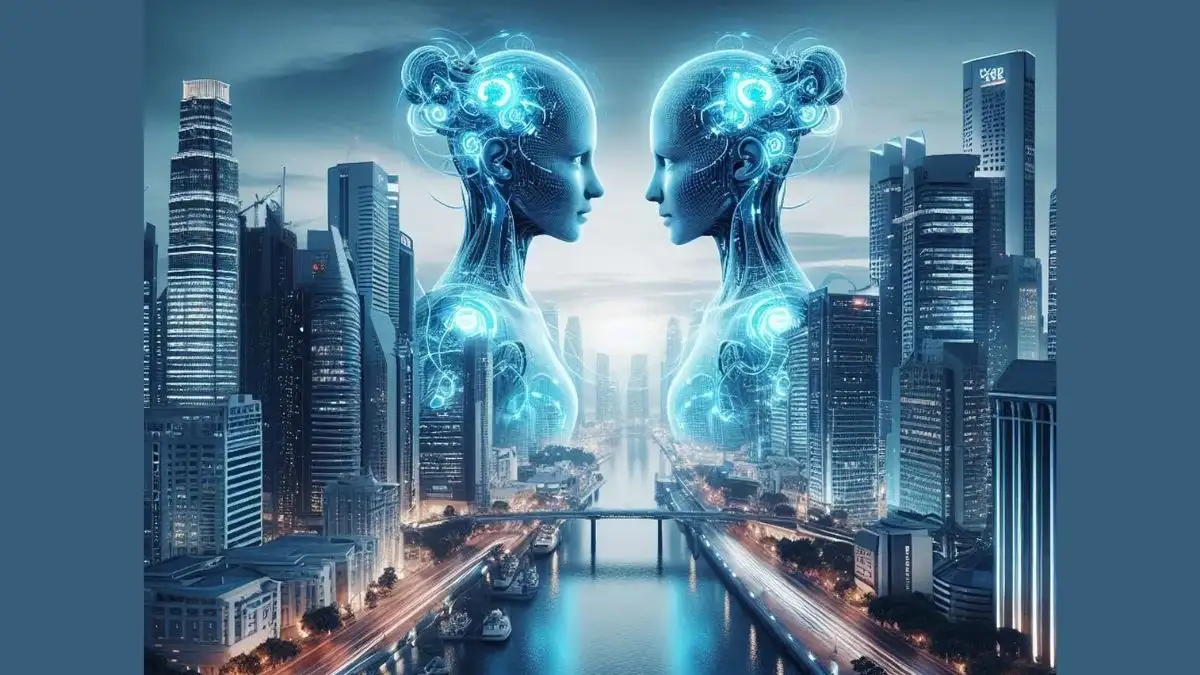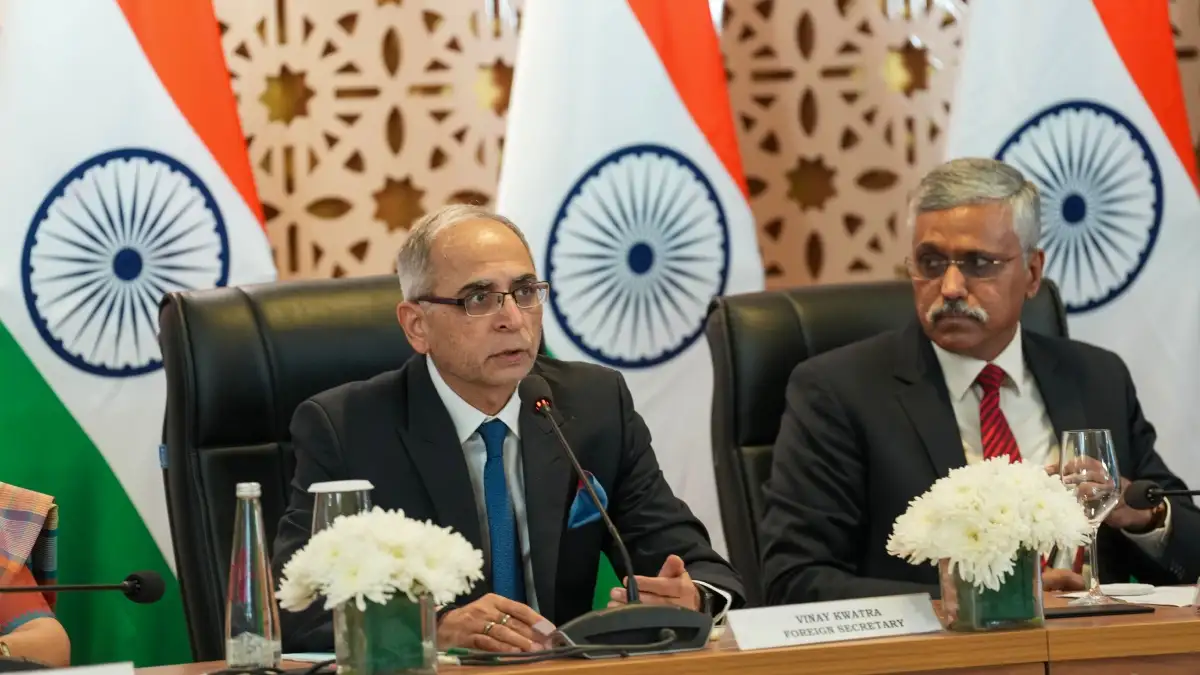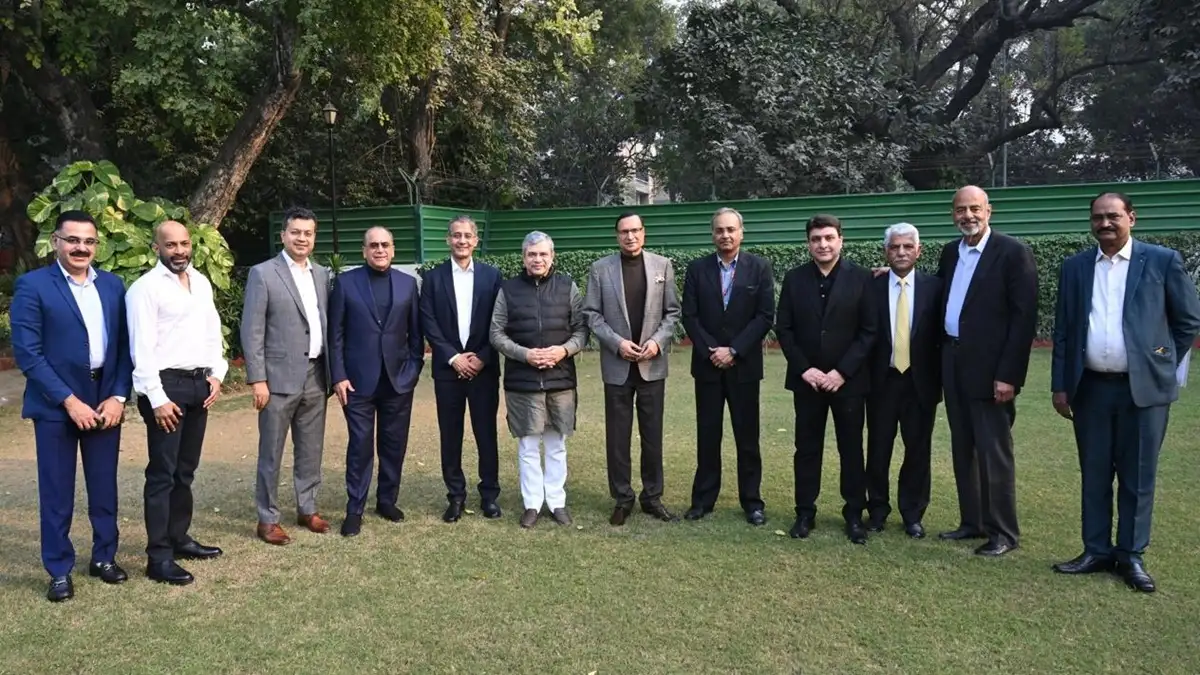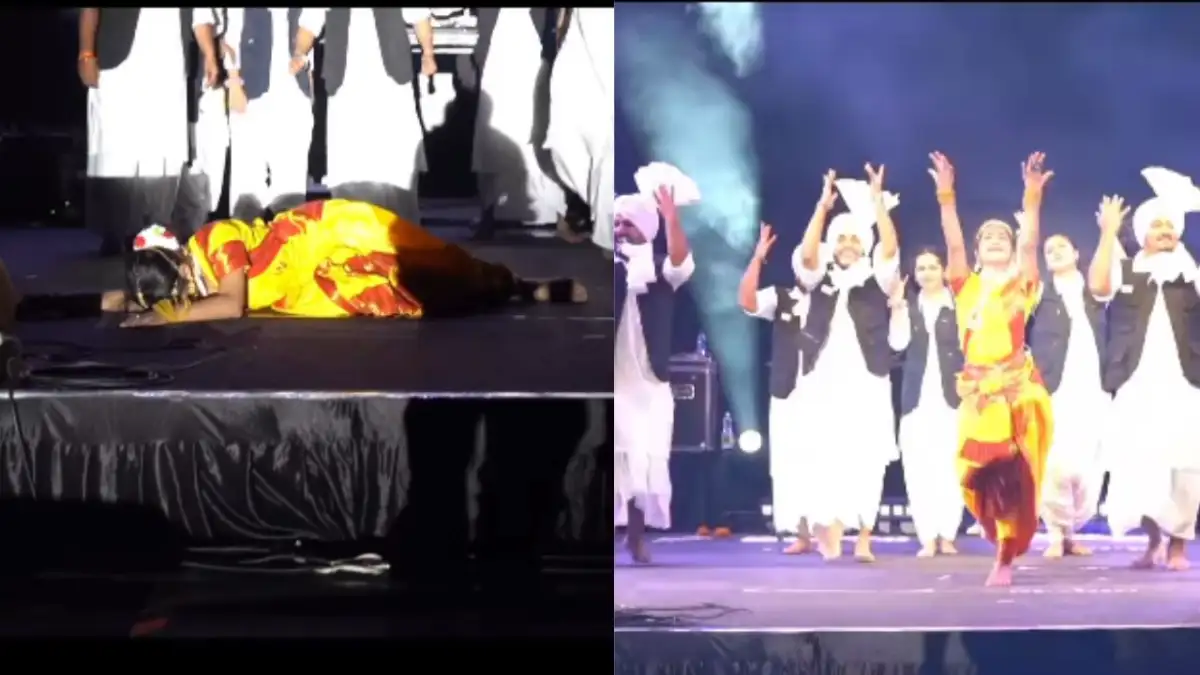One Nation, One Election: The Lok Sabha Secretariat announced on Thursday that senior Bharatiya Janata Party (BJP) leader and Member of Parliament PP Chaudhary has been appointed as the chairperson of the Joint Parliamentary Committee (JPC) tasked with examining the 'One Nation, One Election' Bill. This committee will scrutinize legislative measures related to conducting simultaneous elections for the Lok Sabha and state assemblies, a move aimed at streamlining electoral processes and reducing the recurring expenditure associated with frequent polls. The current JPC will have 27 members from Lok Sabha and 12 from Rajya Sabha. The committee will be tasked to submit the report to Lok Sabha on the first day of the last week of the next session of Parliament. Just before Rajya Sabha was adjourned sine die on Friday, the House adopted the motion moved by Law Minister Arjun Ram Meghwal regarding forming the Joint Parliamentary Committee for two bills on 'One Nation One Election.' Meghwal had moved The Constitution (One Hundred and Twenty-Ninth Amendment) Bill, 2024 and the Union Territories Laws (Amendment) Bill, 2024, to amend the Constitution, also called the 'One Nation One Election Bill'. Earlier, the Lok Sabha also adopted the resolution to refer the 'One Nation One Election' bill to the JPC. Congress leaders Priyanka Gandhi Vadra and Manish Tewari, NCP's Supriya Sule, TMC's Kalyan Banerjee and BJP's PP Chaudhary, Bansuri Swaraj and Anurag Singh Thakur, are in the JPC. Other Lok Sabha MPs who are part of the JPC are, CM Ramesh, Parshottambhai Rupala, Vishnu Dayal Ram, Bhartruhari Mahtab, Sambit Patra, Anil Baluni, Vishnu Datt Sharma, Manish Tewari, Sukhdeo Bhagat, Dharmendra Yadav among others. It should be noted here that 'One Nation, One Election' is not a new concept in India. Following the adoption of the Constitution in 1950, elections for the Lok Sabha and all state assemblies were held simultaneously every five years between 1951 to 1967. The polls were held simultaneously for the Centre and states in 1952, 1957, 1962 and 1967. The process came to an end as new states began to form and some old ones were reorganized. Following the dissolution of various legislative assemblies in 1968–1969, this practice was entirely abandoned. (With inputs from agencies) ALSO READ: One Nation, One Election: What are top 10 recommendations made by Ram Nath Kovind panel? EXPLAINED None
Popular Tags:
Share This Post:
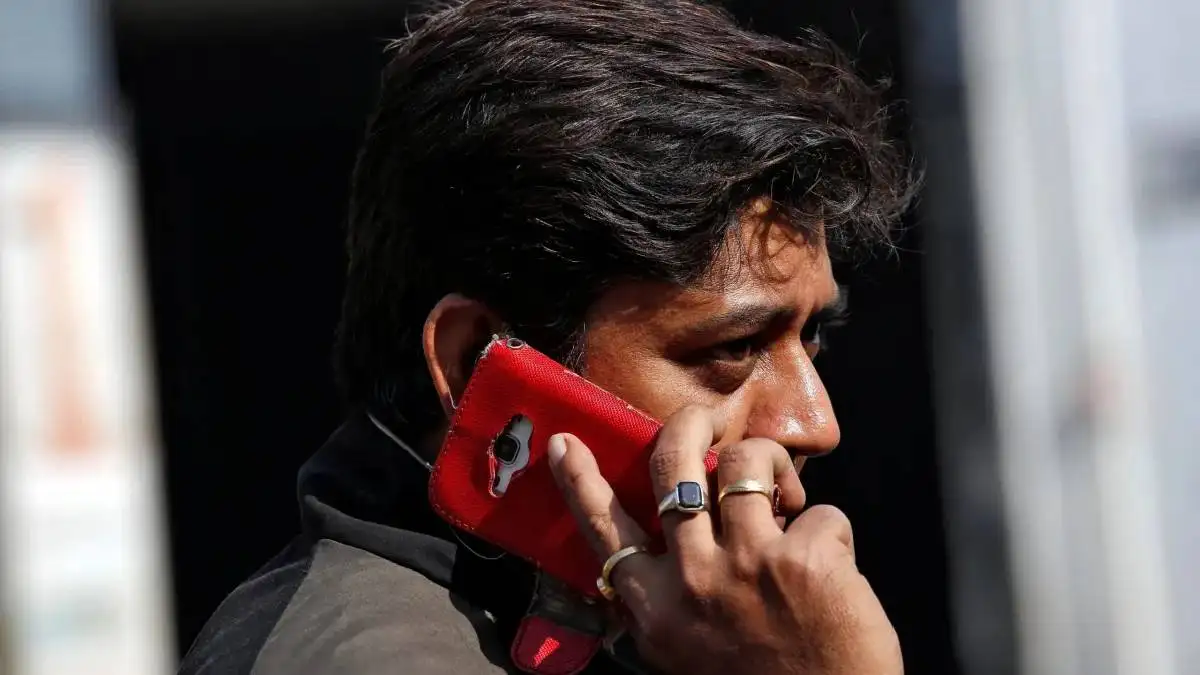
Voice-only recharge plans coming for Jio, Airtel, Vi, BSNL users as TRAI prepares to announce changes
December 24, 2024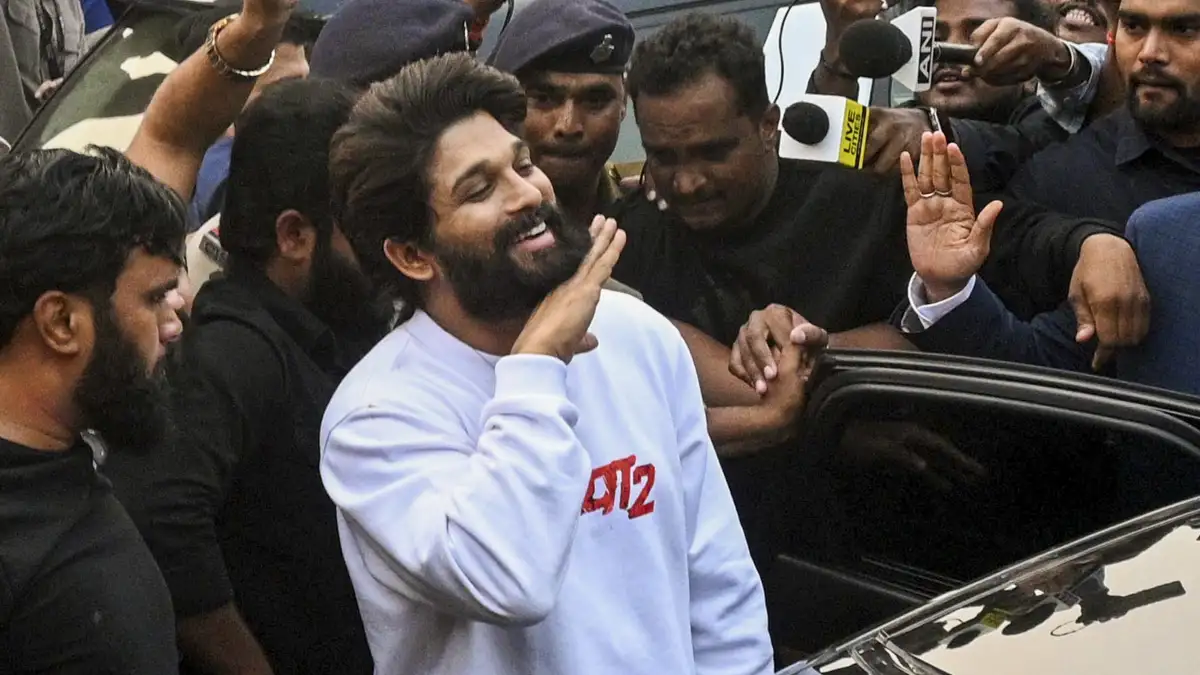
Allu Arjun to be questioned today by police in theatre stampede case | UPDATES
December 24, 2024What’s New
Spotlight
Today’s Hot
-
- December 20, 2024
-
- December 20, 2024
-
- December 20, 2024
Zoomcar set to launch chauffeur-driven cab rental service in India
- By Sarkai Info
- December 20, 2024
Featured News
Latest From This Week
Yearender 2024: Govt schemes empowering women - a step towards financial independence
BUSINESS
- by Sarkai Info
- December 20, 2024
Rapido fixes a bug that exposed the personal data of thousands of users and drivers
TECHNOLOGY
- by Sarkai Info
- December 20, 2024
India's forex reserves drop USD 1.98 billion to USD 652.86 billion
BUSINESS
- by Sarkai Info
- December 20, 2024
Subscribe To Our Newsletter
No spam, notifications only about new products, updates.

